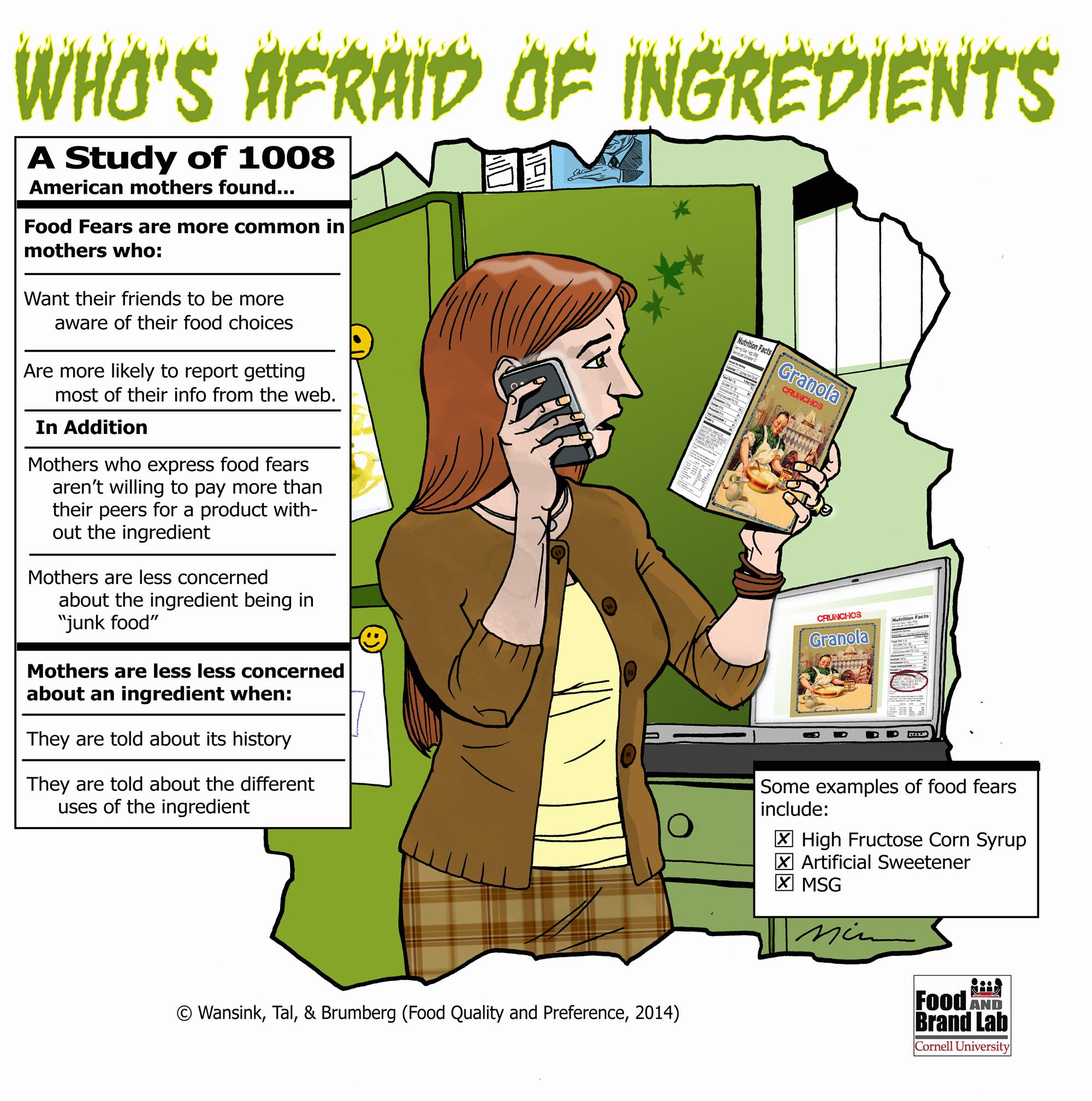Scare journalism is big business. Hardly a day goes by without mainstream media promoting "X is harmful to your health" claims based on surveys, epidemiology and suspect methodology.
As a result, people are taught to be afraid of Subway bread, beer, high fructose corn syrup, MSG and even gluten without a reason.
It's not a shock that a certain demographic is going to be be easily driven by fear and misperception. But who? The easy answer has long been Whole Foods shoppers, because they are against vaccines, traditional farming and increasingly seek more laws and regulations to save them from the unknown. States like California, New York and Washington are hotbeds of anti-science beliefs.
Would more information help? Sociologists and some psychologists don't believe it will, they contend some have a characteristic need for being based on fear, but a new study in Food Quality and Preference investigated who might be most prone to food fears and why.
The results show it might not be a waste of time to try and educate most people. The authors used a phone survey of 1,008 US mothers to investigate what they thought about the food ingredient HFCS. A few years ago, HFCS was the subject of a lot of scare journalism so by comparing those who avoided HFCS with those who did not, they uncovered three key findings:
1) People who avoided HFCS were more likely to receive their information from the Internet;
2) Food choices were a status issue, they needed to have their food related choices known to their friends or reference groups;
3) They were not willing to pay more for foods that contained regular table sugar when compared to peers who did not avoid HFCS.
The scholars concluded that giving consumers more information about the ingredient, such as its history, can be effective in reducing ingredient fears.
To arrive at this conclusion they asked participants to rate the healthfulness of Stevia, a natural sweetener. Half of the participants were given historical and contextual information to read about the product and the remaining participants were not given anything to read.
Those who received information about an ingredient's history rated the product as healthier than those who did not. Lead author Brian Wansink recommends, "To overcome food ingredient fears, learn the science, history, and the process of how the ingredient is made, and you'll be a smarter, savvier consumer."






Comments